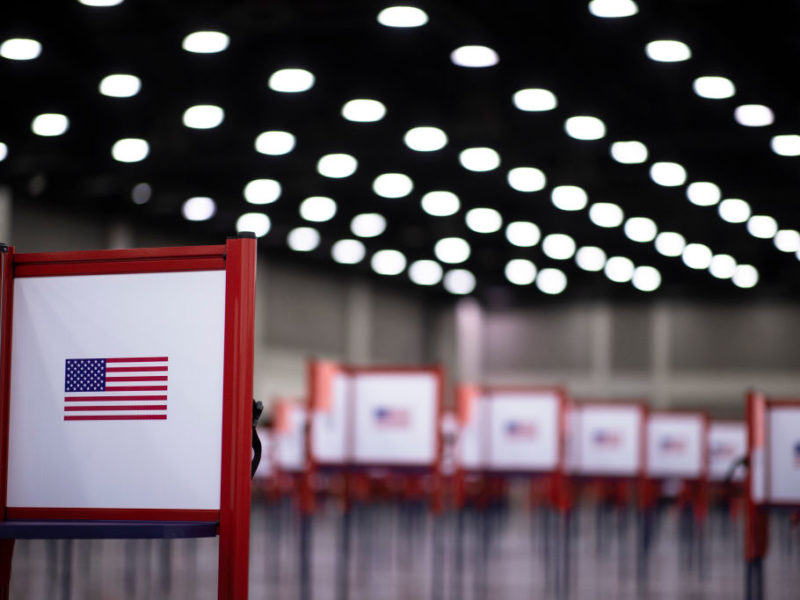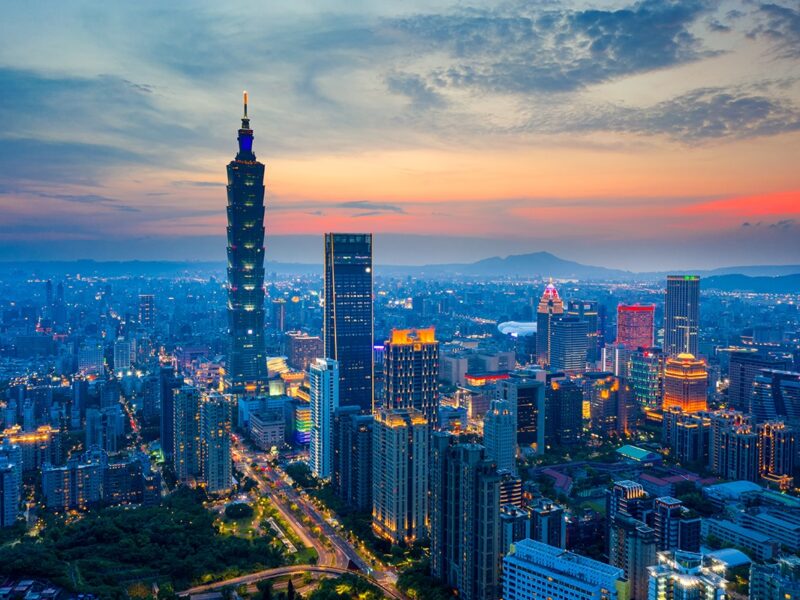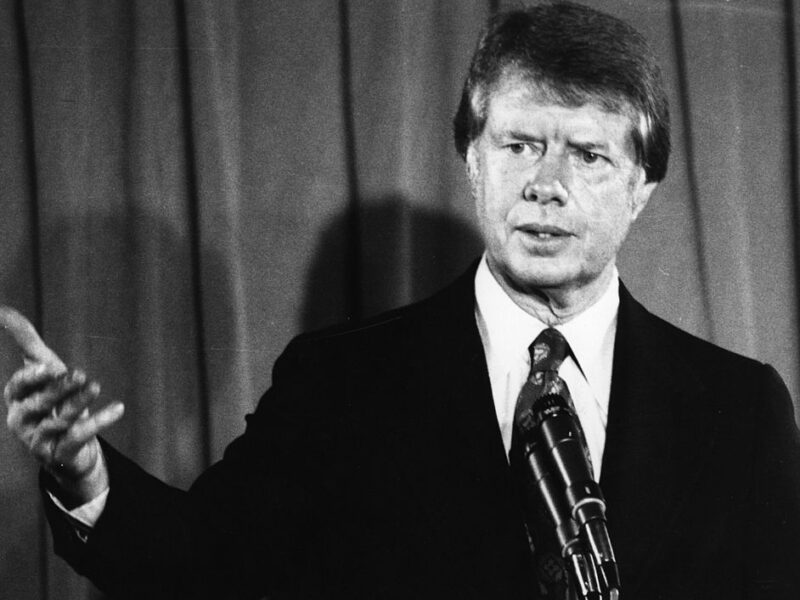Condoleezza Rice, Philip Zelikow Reflect On Cold War In Virtual Discussion
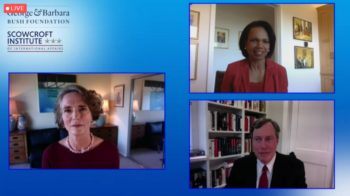
Working for National Security Advisor Brent Scowcroft in George H.W. Bush’s White House administration, former secretary of state Condoleezza Rice and diplomat Philip Zelikow were part of a “great reckoning” as the Cold War came to an end.
Thirty years after the reunification of Germany, it’s easy to forget the degree to which President Bush’s quiet leadership allowed for his country to avoid what could have been a “very dangerous confrontation” between the Soviet Union and United States, Rice said Thursday during a virtual event hosted by the George & Barbara Bush Foundation and Texas A&M’s Scowcroft Institute of International Affairs at the Bush School of Government and Public Service.
She credits the peaceful collapse of the Soviet Union to Bush’s leadership. Rice recalled that when staff urged Bush to travel to Berlin the day the wall fell, he said: “What would I do, dance on the wall? This is a German moment, not an American one.” His choice to take a step back didn’t further embarrass the Soviet Union, she said, adding that Germany flew its flag at half-staff when Bush died.
Rice and Zelikow shared this and other stories while discussing their latest book, “To Build a Better World: Choices to End the Cold War and Create a Global Commonwealth.” The discussion was moderated by Texas A&M University professor Elizabeth Cobbs.
“Since we’re coming up on another great systemic crisis, we thought it would be really helpful to revisit with a really wide angle lens how we got through the last one,” said Zelikow, who was executive director of the 9/11 Commission and served in five presidential administrations
In addition to anecdotes of diplomacy from the George H.W. Bush era, Zelikow and Rice — both of whom also worked in George W. Bush’s administration — discussed the dangers of populism and nativism, and parallels of the Cold War to current times.
“Most people think about the period around the end of the ‘80s and beginning of ‘90s with the phrase ‘the end of the Cold War,’ in other words, think of it as a period of endings, but not as a period of creation,” Zelikow said. “Yet it was very much a period of creating, of creating a different world system to replace a Cold War system, and that’s now being challenged and questioned, and needs to be updated yet again.”
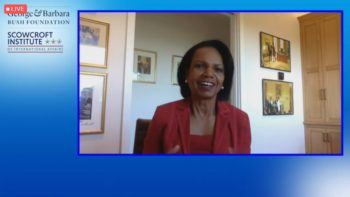
The pandemic that spread quickly across the globe has accelerated and exacerbated the existing drift toward nativism in the United States, Rice said.
“If you look at the way the COVID crisis has unfolded, it’s probably completely expected — people are afraid, so it becomes ‘my borders, my PPE, my citizens…,’” Rice said. “It is really the revenge of the sovereign state in ways I think we had assumed you would not see again.”
She compares this to the international system’s response to both the deadly Sept. 11, 2001 terrorist attacks and 2008 financial crisis, which Rice claims “could not be contained within a border, and therefore international cooperation was at the core of resolving them.”
“The international institutions have basically been sidelined this time around,” Rice said. “One of the questions we’re going to face is, what do we really think about international cooperation going forward in the preparation for pandemics?”
Similar to when she was national security advisor during the SARS pandemic, Rice said China did not give any warning or accurate information about the novel coronavirus, and “we’re now learning the downside of globalization with an authoritarian regime that doesn’t tell the truth.”
“It’s really going to be a challenge for the international system to rebuild any sense of international trust, and it’s going to be hard for people to break down borders again,” she said. “This is really a blow to globalization and the idea of the integrated international system.”
In the U.S., Rice said citizens need to “find our common narrative again,” adding that citizens have broken themselves into “ever smaller groups” with their own narratives and grievances.
“We are reinforcing this sense that it’s a zero sum game to be an American. ‘What I have, I get; if you get it, I lose,’” she said. “That was never really the American creed. There was always a sense that it was a growing pie. Now some of what we have to do as a country and as a society is to actually make it true that it’s a growing pie, and it’s going to be more difficult after COVID-19. One of the things that COVID-19 has done is it has exposed some of the real inequalities in our society.”
Asked what medicine George H.W. Bush would prescribe for our current reality, Zelikow described how the U.S. is seeing “culture war politics” in which politicians stand for the values that they think will appeal to their base, and join them in “attacking the things you hate.” He said it’s necessary to think about results and bring people across party lines to “get things done.”
Similarly, Rice added that politics have “become a little too much of a blood sport.”
“We’ve seen in this crisis that we’ve been able to get some things done,” Rice said. “I hope that spirit survives, even if the rhetoric is nasty.”
The loudest people aren’t necessarily those who are getting the most done, Zelikow said. Like the frontline workers fighting the coronavirus, most Americans are “just trying to help people.”
“They’re not being trolls or striking a pose — politics and diplomacy can be like that better side of Americans when in a mode of trying to get things done,” Zelikow said. “I find that when you try to bring people together across party lines, that’s most likely to happen when you don’t want to do something. Let’s think about results. I think that’ll bring us together.”
Media contact: Caitlin Clark, caitlinclark@tamu.edu
